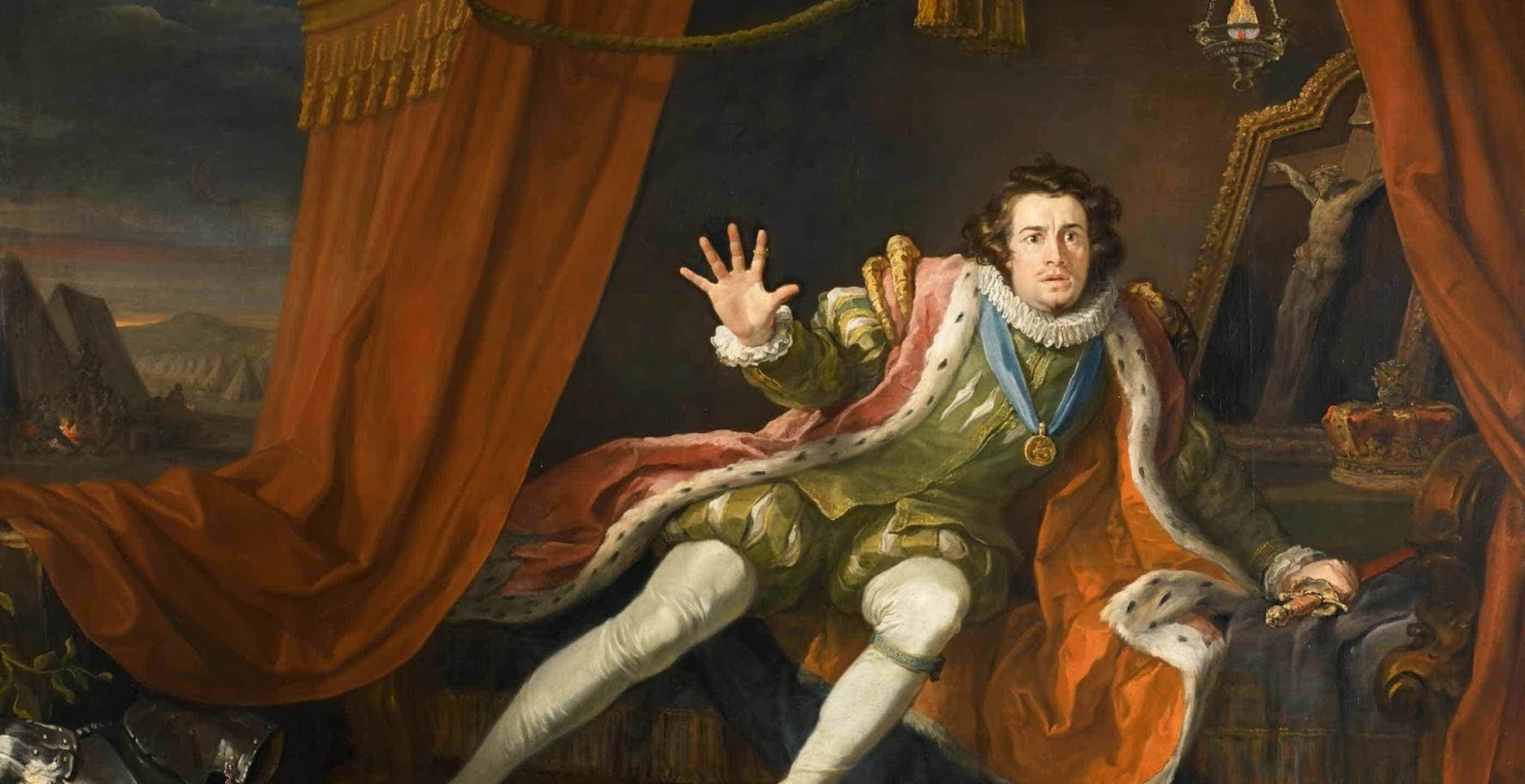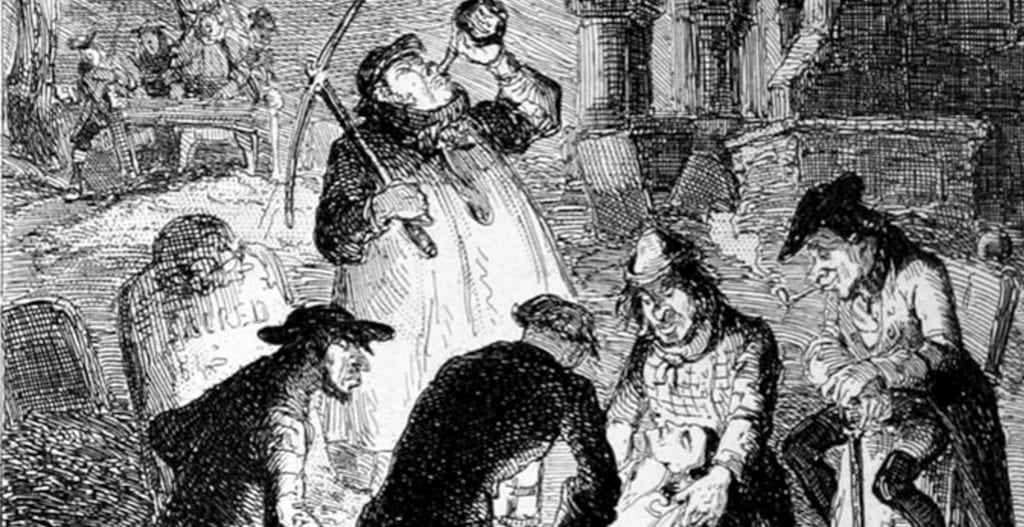Culture UK
Who are the British? Do they really drink tea, eat roast beef and Yorkshire pudding and never leave home without an umbrella? Find out more about true Brits; past and present, myth and legend, fact and fiction.
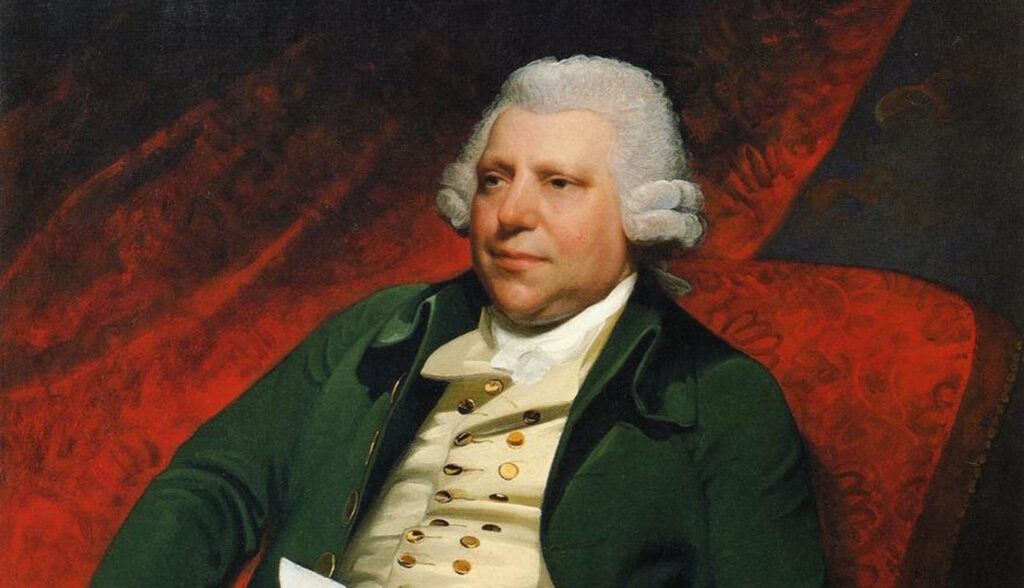
Richard Arkwright
The archetypal “self-made man” of the Industrial Revolution, Richard Arkwright is known as the father of the factory…
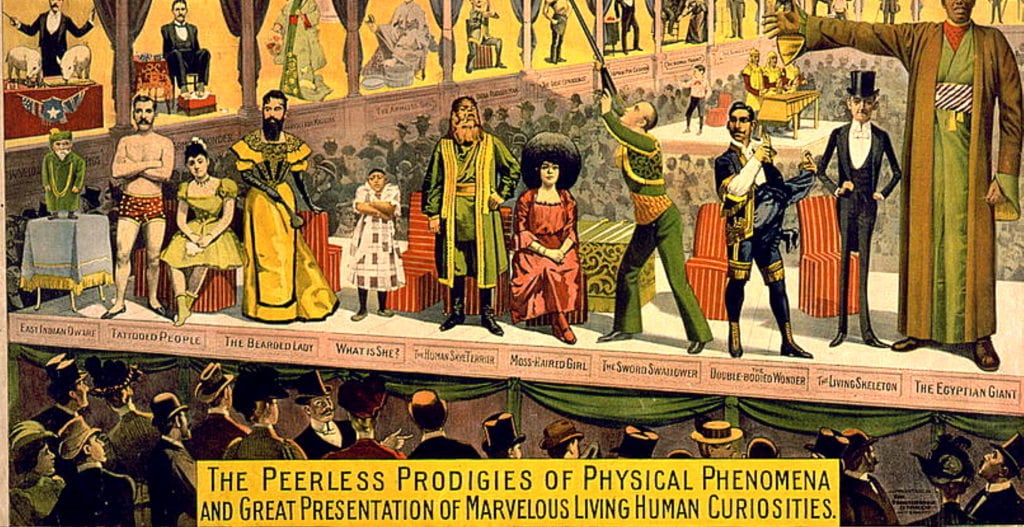
Barnum and Bailey: Revolt of the Freaks
In January 1899 Barnum and Bailey’s ‘Greatest Show on Earth’ was a few weeks into its second winter season at London’s Olympia when something extraordinary happened. The performers in the so-called ‘freak show’ rebelled: they protested at being known as ‘freaks’ and demanded a new name. The move hit the headlines and caused a public sensation…
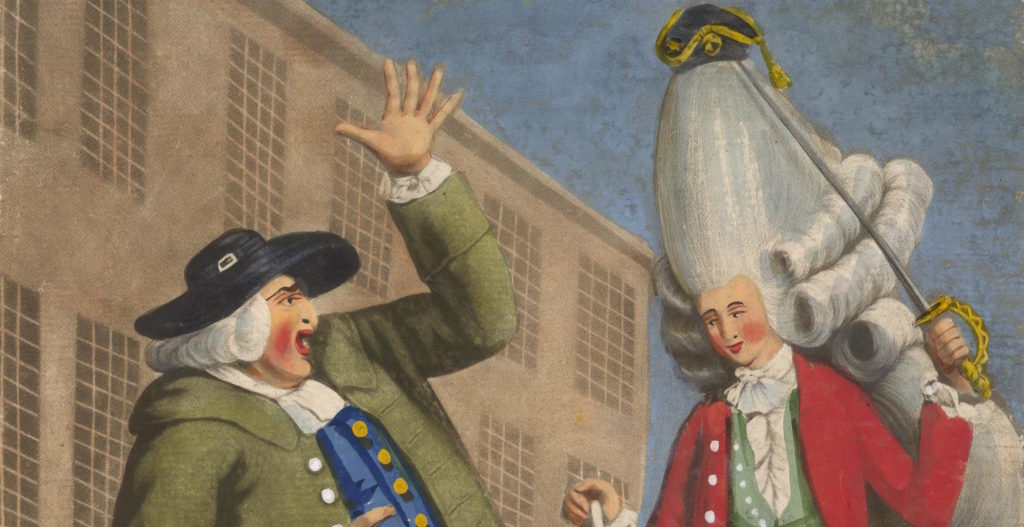
The Macaroni Craze
Punks, glam rockers, New Romantics: quirky fashion crazes they may be, but nowhere near as outlandish, and frankly as ridiculous as the Macaronis of mid to late 18th century Britain…
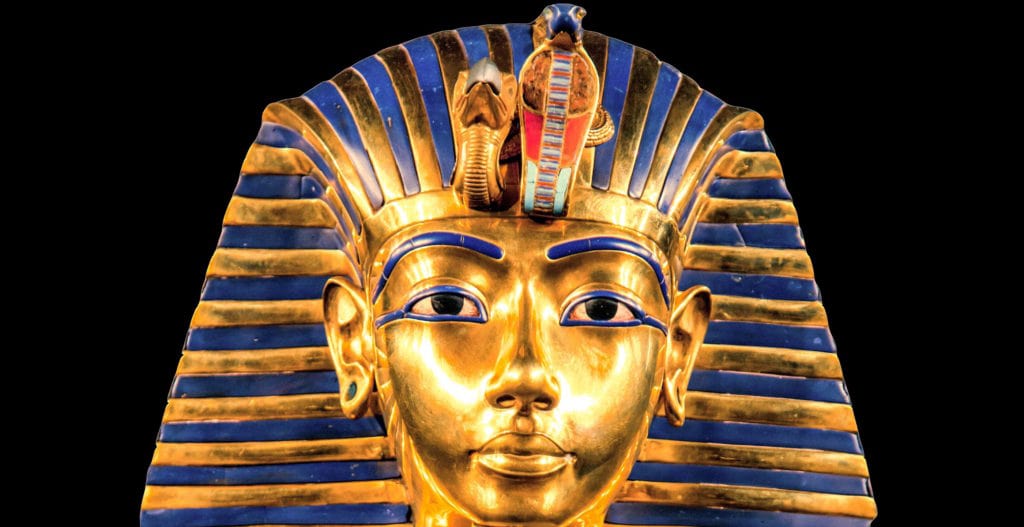
Howard Carter and the Discovery of Tutankhamun’s Tomb
“Can you see anything?” “Yes, wonderful things!”
Howard Carter’s famous words as he peered into the treasure-filled tomb of Egyptian pharaoh Tutankhamun…
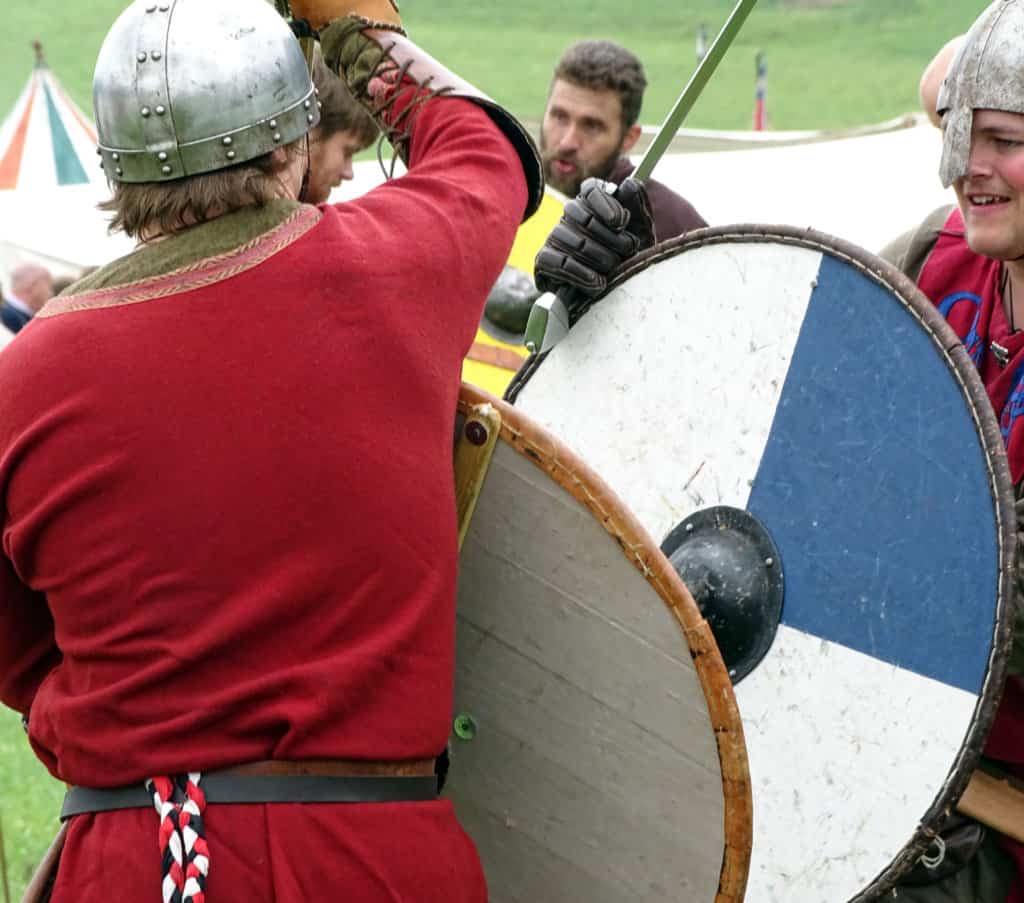
Eadric The Wild
Whilst many will have heard of Hereward the Wake, the less well-known Eadric the Wild also waged war against the Norman invasion of Britain. Like Hereward, he also left history and entered legend…

Pancake Day
The pancake has a very long history and featured in cookery books as far back as 1439. In the UK, pancake races form an important part of the Shrove Tuesday celebrations – an opportunity for large numbers of people, often in fancy dress, to race down streets…
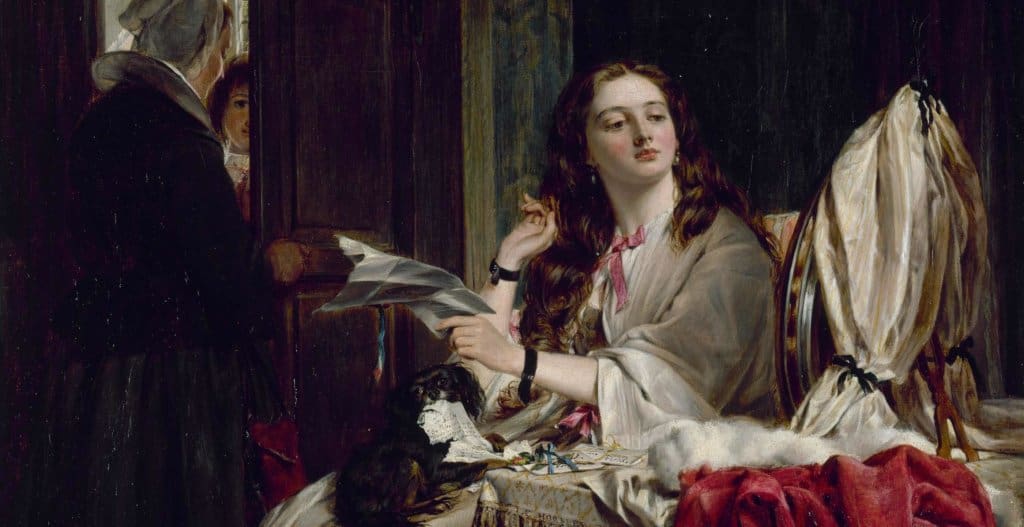
St Valentines Day
The history of the St. Valentine’s Day celebrations appears to have its roots in a pagan fertility festival known as Lupercalia. Celebrated in ancient Rome between 13 – 15 February, the festival is said to have involved lots of naked folk running through the streets spanking the backsides of young women with leather whips, supposedly to…
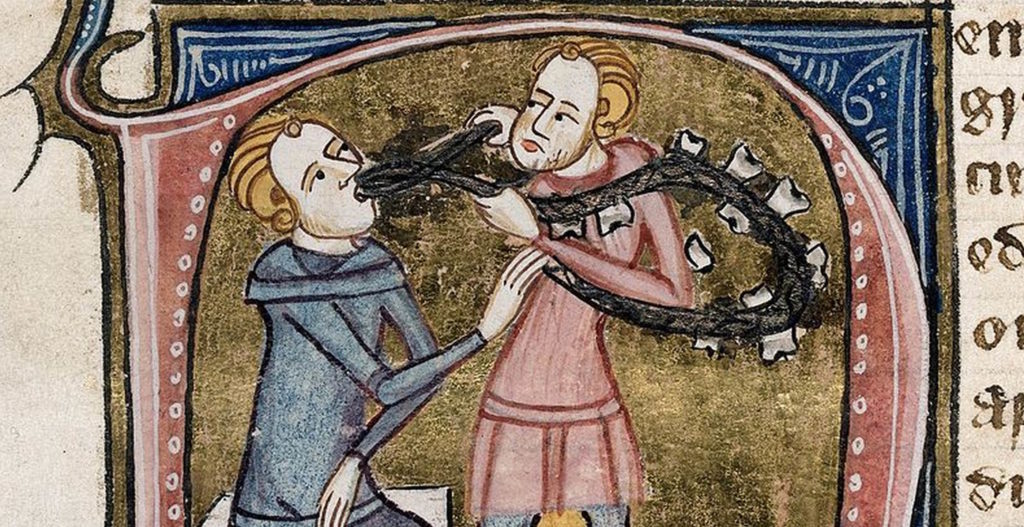
A Short History of Medicine
In Britain, medicine has drastically changed over the last thousand years, from folk remedies in the early medieval period to the formation of the NHS in the 20th century…
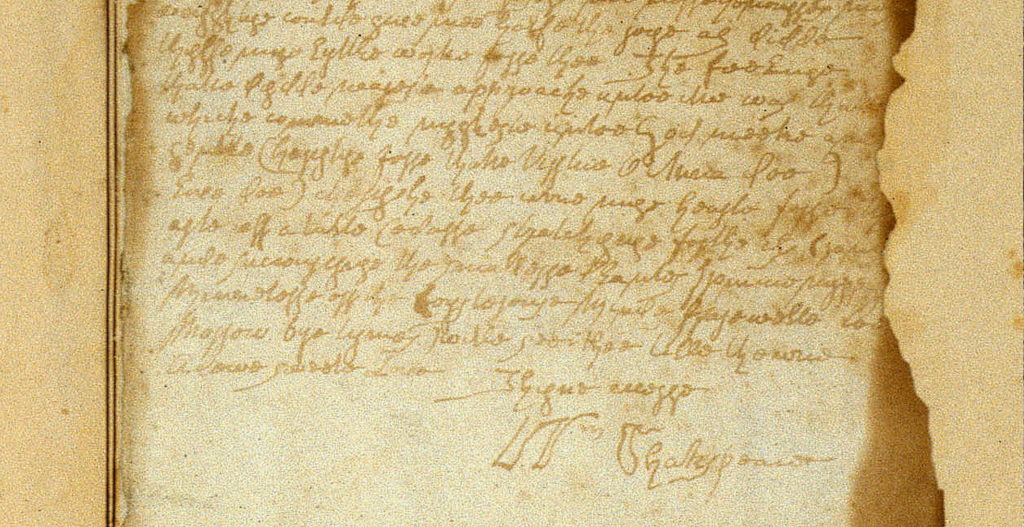
William-Henry Ireland and the Great Shakespeare Hoax
William-Henry Ireland, the son of a London engraver and antiquarian, had dreams of becoming a writer. Instead, he created one of the greatest literary forgeries of the century, somehow managing to convince Georgian society that he had discovered an entire cache of unknown Shakespearean manuscripts…
